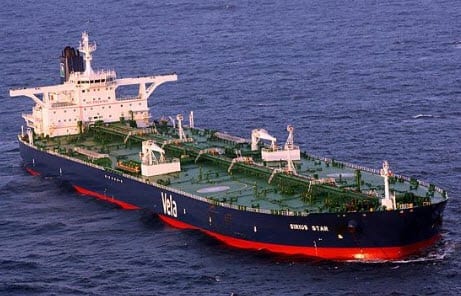As refiners continue to await the full operation of the program, not as many tankers are leaving Iranian ports for India.
The imports of Iranian crude to India have dropped by 40 percent over the span of January through September as a number of refiners in the country have been slashing their purchases as they await the oil insurance coverage that New Delhi has been promising for the coverage of plants provide the local processing.
The Western sanctions from Europe and the United States continue to hold back Iran’s export opportunities.
These oil insurance sanctions were put into place to help to put pressure on Iran to step back from its highly disputed nuclear program. The European reinsurers have responded to the measures by adding a clause to the coverage in their contracts with refiners in India that states that if claims are made regarding the processing of crude from Iran, they will not be met.
 New Delhi has been in the process of creating its own oil insurance fund to help to cover local refinery insurers.
New Delhi has been in the process of creating its own oil insurance fund to help to cover local refinery insurers.
This oil insurance effort has been made to help to make sure that refineries will be covered in the event that a claim needs to be made. India has also been able to negotiate to have its imports paid in rupees to help the country to shrink its current deficits in its accounts. However, the issue at the moment is that the fund has yet to get going and the refineries are still seeking coverage. Though they have already been cutting back their imports, this may lead them to slash an additional 15 percent from the amount of crude being brought in from Iran.
Even though one Indian refiner has upped its purchases of Iran crude to the point that it almost doubled the shipments in August, when compared to a year beforehand, the year-to-date volumes are continuing to experience a dramatic decline when compared to the figures from 2012, as a result of the lack of ability to secure the necessary oil insurance.
In the period from January to September, the imports of Iranian crude by India have dropped to 194,000 barrels per day (bpd), from having been 324,000 during the same span of time in 2012. This, according to trade data that was published by Reuters.

